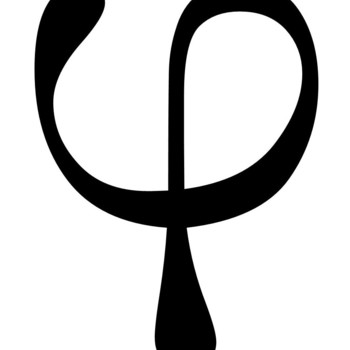How do you solve t^2+16=0 using the quadratic formula?
1 Answer
Explanation:
A quadratic expression would be:
where
Here,
Now, we can input the values into the quadratic formula:
where
now,
1)
2)
The roots are imaginary, and so are the answers.
Another thing to be noted is that according to the Conjugate Pairs Theorem, if


